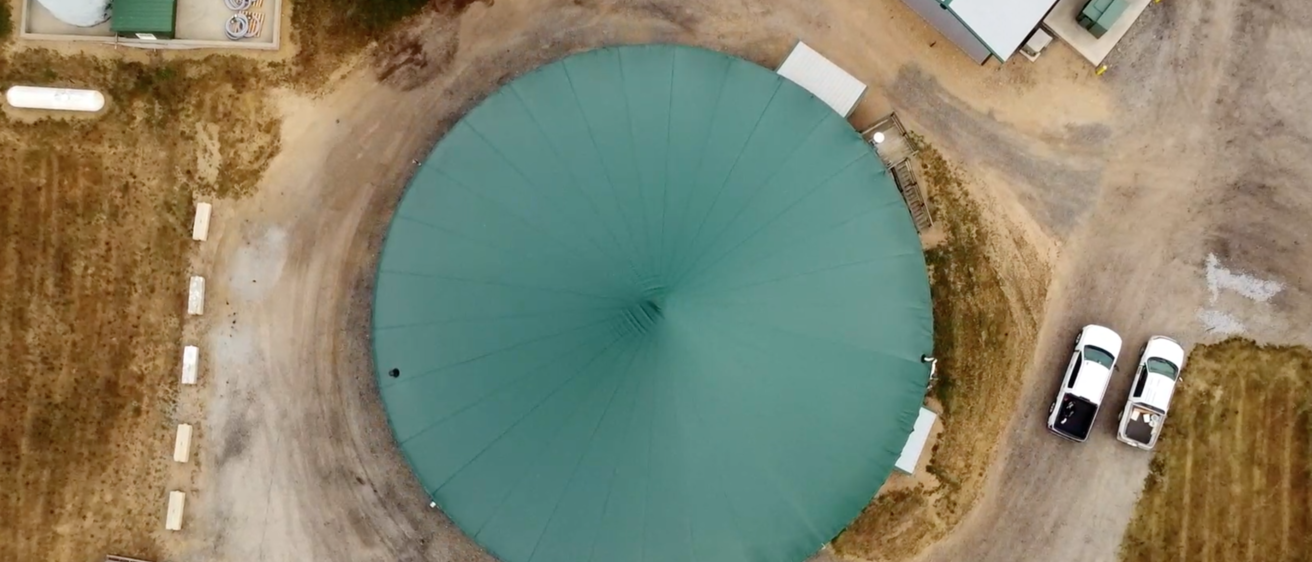
An environmental biotechnology firm is innovating how philanthropy can support University of Iowa research in hopes of creating a business case for diverting waste from the landfill and converting it into energy.
Idaho-based Valkyrie Analytics has pledged $1.5 million to the Bioenergy Innovation Fund to support the research of Craig Just, the Donald E. Bently Professor in Engineering and associate professor of civil and environmental engineering.
The goal is a scalable approach to turning animal biproducts and food waste into renewable energy, a breakthrough that could reduce carbon footprints worldwide.
"This collaborative agreement will further our efforts for a better, cleaner future where we can measure by the ton the impact we have on the carbon mitigation efforts, moving from a theoretical calculation model to more real time monitoring supported by real time analytics,” said Will Charlton, president of Digester Doc, the primary shareholder of Valkyrie Analytics. “I see this gift as an opportunity to make a difference in the world.”

Just leads Iowa’s Wastewater and Waste to Energy Research program, which will benefit from the funds. He calls waste just a misplaced resource.
“Iowa is the epicenter on the planet of underutilized organic waste,” Just said. “We have the most of it anywhere in the world, and we should do more with it.”
More than a billion tons of organic waste is generated globally each year. Much of it ends up in landfills where it emits methane, a greenhouse gas responsible for nearly one-third of the world’s rising temperatures.
One piece of the puzzle is anaerobic digestion, a process in which organic waste is used as feedstock and broken down by microorganisms in a digester facility. The process results in biogas, which can be used for heat, electricity, fuel, or natural gas, as well as biosolids, which can also be reused.
The business model needs to operate at a large scale to work, and currently there are limited digesters in operation and the waste-to-energy conversion process is far from fine-tuned, Just said.
Valkyrie Analytics’ financial gift will allow the research team, which includes Just, undergraduates, PhD candidates, and research engineers, the flexibility to test machine learning on data collected by Valkyrie Analytics’ sensors, which monitor the anaerobic digestion process. The goal is for the data analysis process to yield usable real-time information so digester operators can make adjustments that will optimize production of biogas.
A digester connected with a municipal water resource recovery facility in Muscatine, Iowa, will be among the first focal points of the project.
“With their help we will be able to offer a fully capable service to anaerobic digesters worldwide that will give a renewable technology and opportunity to advance in ways never before imagined, moving from a reactive operational status to a more complete proactive management style,” Charlton said.
